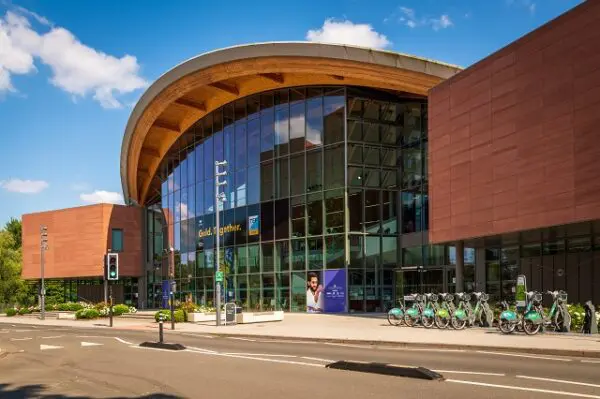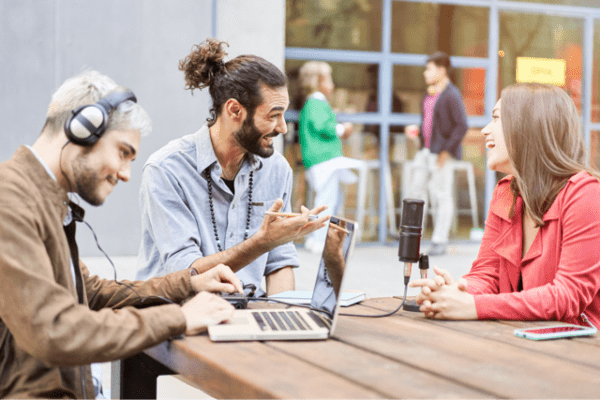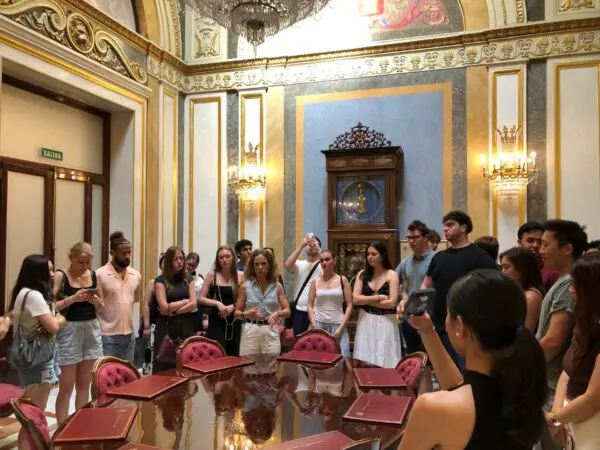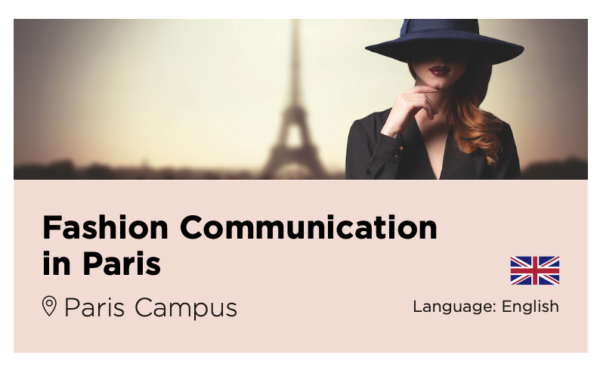
Coventry, United Kingdom
Communications and Marketing
When:
12 July - 01 August 2026
Credits:
4 EC
Read more
Communication, Media and Journalism
When:
22 July - 09 August 2019
School:
Institution:
Maastricht University
City:
Country:
Language:
English
Credits:
6 EC
Fee:
1000 EUR

Most of what we learn about global news events comes to us from the mass media, an industry often described as being grounded in objectivity. But even the concept of objectivity is highly subjective. Differences based on culture, language, politics, economics, power structures and a variety of other factors abound. One country’s “terrorist” bent on senseless destruction is another’s “martyr” sacrificing lives for a just cause.
These variations become all the more complicated in an industry facing a continuous state of flux, with satellite transmissions, the Internet, mobile devices, social networks and citizen journalists all playing key roles. This course will examine current events and the way they are covered in a variety of media outlets around the world, looking at framing, bias, stereotypes, context, story structure and placement. Through lectures, discussions, a field trip and class presentations, students will study why news is reported as it is around the world and in the process become discerning media consumers better able to filter the noise and make decisions for themselves.
Course Format: Roughly the first half of the course will be spent with lectures and discussions that examine the way news is covered around the world and why variations exist. The final half will be devoted to student presentations on current event coverage. The presentations will employ a “town hall” approach in which groups of students lead discussions on the issues and their coverage to classroom peers, being graded not just on content but audience engagement and participation.
Topics of Discussion: The Four Theories of the Press; News Values; News and Feature Story Structure; Media Effects and Communication Theory; Journalists and Media Organizations; Media Gatekeepers; Sources; Culture, Bias and Stereotypes; Language, Framing and Context; Legal Issues; Power and Economic Issues.
Presentation Topics: Ongoing and breaking stories in the news.
Course Instructor: Professor Maxey Parrish of Baylor University in Waco, Texas, has a background in media relations and journalism education. He graduated from Baylor with a Bachelor of Arts in journalism and spent almost 25 years handling media relations for U.S. college sports competitions as well as international teams for the U.S. Olympic Committee. At the Barcelona Olympics, he was in charge of publicity for the U.S. athletics team, where his coverage won a Best in the Nation Writing Award and served as the basis for his Master of Science degree thesis. At the Atlanta Games he coordinated media interviews at the Olympic Stadium. He has also worked international sports events throughout Europe and Korea. For the past 13 years he has been on the faculty of the Department of Journalism, Public Relations & New Media at Baylor where he has won numerous teaching awards, including being named the university’s Carr P. Collins Outstanding Professor. He has led 16 student groups on international trips and visited 33 countries, altogether living in Europe over a year.
S. van der Laan
No prerequisites.
Students will have a better understanding of international journalism systems and how they present stories, making them better able to seek the truth in media they consume.
Fee
1000 EUR, This 3-week course costs €1000,-.
When:
22 July - 09 August 2019
School:
Institution:
Maastricht University
Language:
English
Credits:
6 EC

Coventry, United Kingdom
When:
12 July - 01 August 2026
Credits:
4 EC
Read more

Madrid, Spain
When:
29 June - 10 July 2026
Credits:
6 EC
Read more

Paris, France
When:
16 June - 26 June 2026
Credits:
6 EC
Read more